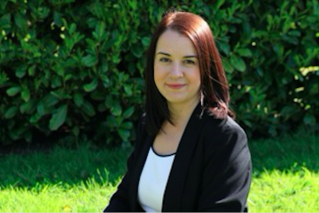HUNDREDS of Barnsley residents in need of ‘urgent mental health treatment’ were detained by authorities last year, shocking new figures have revealed.
Figures from NHS Digital show at least 200 detentions were carried out across the former NHS Barnsley CCG area last year.
In July, clinical commissioning groups were abolished and replaced with integrated care boards across England.
It means there was a detention rate of 81 per 100,000 people over the year 2021/22.
However the NHS have cautioned that some figures may be lower as a handful of organisations did not submit ‘adequate data’.
More than 53,000 new detentions under the Mental Health Act were recorded across the country last year - around a six per cent decrease on the previous year’s figures.
Of those, 38,840 saw the person restrained on being admitted to hospital.
The government’s white paper on mental health reform, published in 2021, set out proposals to raise the threshold for detention and allow patients to have more autonomy over their treatment, as well as tackle disparities faced by people from black and minority ethnic backgrounds.
Last year, the national detention rate for black people stood at 342 per 100,000 population - more than four times as high as the rate for white people, 72.
The Law Society said planned reform of the Act must happen ‘sooner rather than later’ after more than 50,000 people were detained in England in the year to March.
Nick Emerson, vice president, said: “These statistics show why reforming the Mental Health Act must be a priority for the government.
“The current system means there is a risk that compulsory detention and treatment is used too often and that patients do not have enough involvement in decisions about their care.
“We welcome the government’s commitment to reforming the Mental Health Act and support the introduction of new safeguards for patients refusing medication.”
Paul Spencer, head of health, policy and campaigns at Mind, said he was ‘extremely concerned’ by the new figures.
“It is simply unacceptable that black people and those of us living in less well-off areas face greater rates of detention,” he added.
“These figures paint a damning picture of the hurdles faced by marginalised groups in navigating the mental health system - which should be there to meet the needs of all of us - and illustrate how overdue reforms to the Mental Health Act and wider mental health system are.”
A spokesperson for the Department for Health and Social Care said the decrease in detentions is a ‘testament to the positive steps’ it has taken to support people with serious mental health issues.
They added: “However we recognise there is still work to do - we remain committed to ending the unequal treatment of people from black and other ethnic minority backgrounds with mental illness.
“Our draft Mental Health Bill is currently going through pre-legislative scrutiny with proposals to ensure anyone in a mental health crisis is treated with dignity and respect, and given greater control over their treatment.”



























